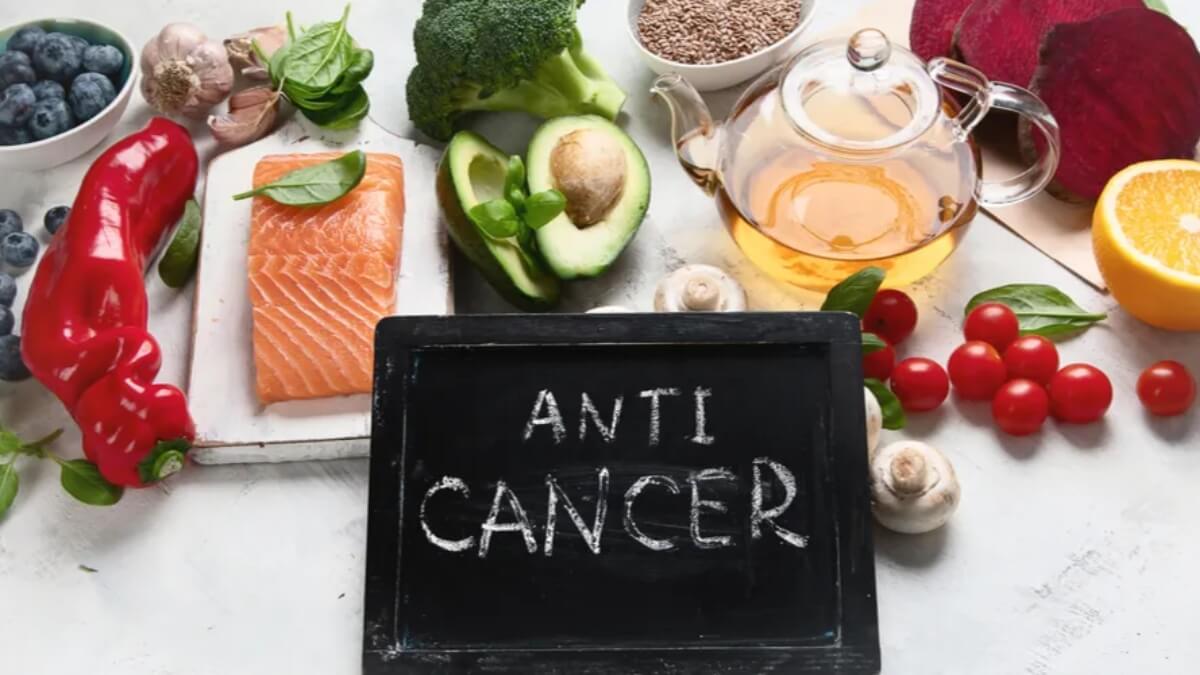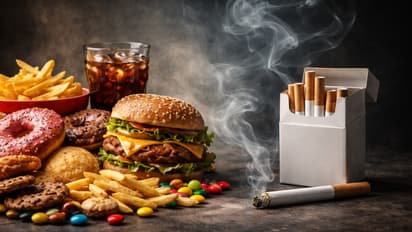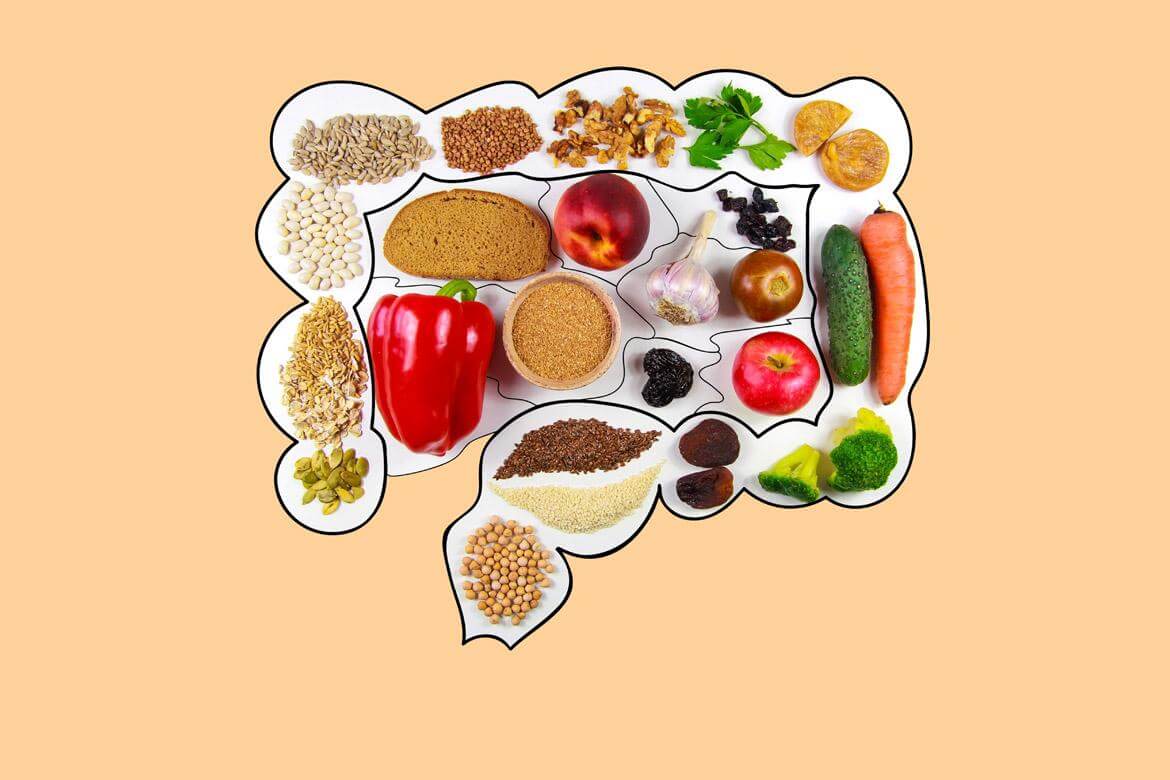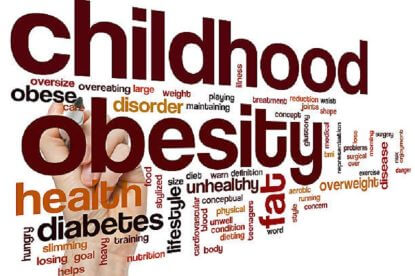Harvard doctor shares food items to prevent cancer
Sat 14 Jun 2025, 00:41:17

In a groundbreaking revelation, a Harvard doctor has identified specific food items that may play a crucial role in preventing cancer risk. From everyday staples to nutrient-rich superfoods, these dietary additions could be key to bolstering your body's defences against this devastating disease. Most common foods are loaded with very potent cancer-preventative compounds, mainly because they are high in antioxidants, anti-inflammatory molecules, and other bioactive compounds. Let us look at the cancer-preventive qualities of broccoli, turmeric, blueberries, tomatoes, garlic, flaxseeds, and green tea:
1. Broccoli
Broccoli is a cruciferous vegetable that has very high amounts of sulforaphane and other glucosinolates.
Cancer-Preventative Properties:
. Detoxification: Sulforaphane enhances body detoxification of cancer-inducing carcinogens by activating enzymes that break down toxins and initiate their excretion.
. Anti-inflammatory: It inhibits chronic inflammation, an extensively reported stimulator of cancer development.
. DNA Protection: Studies indicate sulforaphane can prevent DNA damage and inhibit cancer-inducing mutations.
. Inhibits Tumour Growth: It has been shown to decrease cancer cells' reproduction and proliferation ability, which may slow down tumour formation and metastasis.
2. Turmeric
Curcumin is the active compound of turmeric and also the reason for the yellow colour of the spice.
Cancer-Preventative Properties:
. Anti-inflammatory: Curcumin is a powerful anti-inflammatory agent, and prolonged inflammation is closely associated with cancer.
. Antioxidant: It also serves as an effective antioxidant that reduces free radicals inflicting damage to cells and DNA.
. Apoptosis Induction: Curcumin induces apoptosis in cancer cells but not normal cells, as per research.
. Inhibits Growth of Cancer Cells: It impacts various pathways in the growth, survival, and metastasis of cancer cells.
. Synergy with Therapies: Curcumin has some potential to enhance the effectiveness of chemotherapy and radiotherapy and act as an antidote in radiation therapy for normal cells.
3. Blueberries
Blueberries contain a lot of anthocyanins (the blue pigment), other flavonoids, and numerous antioxidants.
Cancer-Preventive Properties:
. Antioxidant Powerhouse: They possess a high level of antioxidant activity, particularly relevant in fighting oxidative stress and damage to DNA, two major culprits responsible for cancer causation.
. Anti-inflammatory: Blueberries are anti-inflammatory throughout the body.
. Anti-proliferation of Cancer Cells: They have proven, based on research, to stop cancer cell growth and cause apoptosis.
. Radiosensitisation: Blueberry extract was discovered to make cancer cells more responsive to radiation therapy and inhibit abnormal cell growth, based on research.
4. Tomatoes
Principal Compound: Tomatoes are full of lycopene, a strong carotenoid and antioxidant, particularly when cooked.
Cancer-Preventative Effects
. Powerful Antioxidant: Lycopene is a good free radical scavenger, which protects cells from damage.
. Prostate Cancer Prevention: The evidence supports very strongly that lycopene, especially
in cooked tomato products, strongly lowers prostate cancer risk.
in cooked tomato products, strongly lowers prostate cancer risk.
. Other Cancers: There are even hints of protection in lung, stomach, breast, and other cancers.
. Modulation of Cell Growth: Lycopene has the ability to modulate cell cycle arrest and induce apoptosis in cancer cells.
4. Garlic
Garlic contains a variety of sulphur compounds, including allicin (formed when garlic is chopped or crushed), diallyl disulphide, and S-allyl cysteine.
Cancer-Preventative Actions:
. Detoxification: Garlic compounds can stimulate detoxifying enzymes responsible for eliminating carcinogens.
. DNA Repair: They have been found able to assist DNA repair and protection from DNA damage.
. Anti-inflammatory: Garlic contains anti-inflammatory activities that can reduce the risk of cancer.
. Prevents Cancer Cell Growth: Test tube studies show that garlic substances can prevent the growth of cancer cells, induce them to commit suicidal self-destruction, and interfere with their potential to metastasise and generate new blood vessels.
. Colorectal Cancer: Research has indicated that the long-term consumption of garlic helps decrease the risk for colon and rectum cancers.
5. Flaxseeds
Flaxseeds contain lignans (a phytoestrogen), alpha-linolenic acid (ALA, an omega-3 fatty acid), and dietary fibre.
Cancer-Preventative Properties:
. Hormone Regulation: Lignans may also be weak oestrogens, possibly binding to oestrogen receptors and inhibiting growth of hormone-dependent cancers such as breast and prostate cancer.
. Anti-inflammatory: ALA is involved in anti-inflammatory activities such as within the body.
. Antioxidant: Flaxseed compounds exhibit antioxidant activity.
. Inhibition of Cancer Cell Growth: Constituents of flaxseed have been discovered to be able to inhibit the growth of cancer cells and induce apoptosis in some types of cancer.
. Fibre Benefits: High fibre content keeps gut health intact and facilitates the elimination of toxins.
6. Green Tea
Green tea contains high levels of catechins, especially epigallocatechin-3-gallate (EGCG).
Cancer-Preventative Properties:
. Powerful Antioxidant: EGCG is a powerful antioxidant that battles free radicals and oxidative stress.
. Inhibits Tumour Development: It was proven to suppress the growth of cancer cells, induce apoptosis (programmed death of cells), and inhibit angiogenesis (angiogenesis is the development of new blood vessels tumours require to grow).
. Anti-inflammatory: Catechins possess very effective anti-inflammatory activities.
. Modulation of Cell Signalling: EGCG may modulate some molecular pathways towards cancer progression.
. Specific Cancers: There is some evidence that indicates efficacy against oral, lung, bladder, and esophageal cancers, etc.
Including these nutrient-rich foods in a well-structured diet, combined with a healthy lifestyle, can play an important role in a total cancer prevention strategy.
Disclaimer: Tips and suggestions mentioned in the article are for general information purposes only and should not be construed as professional medical advice. Always consult your doctor or a dietician before starting any fitness programme or making any changes to your diet.
No Comments For This Post, Be first to write a Comment.
Most viewed from Health
AIMIM News
Latest Urdu News
Most Viewed
May 26, 2020
Is it right to exclude Bangladesh from the T20 World Cup?
Latest Videos View All
Like Us
Home
About Us
Advertise With Us
All Polls
Epaper Archives
Privacy Policy
Contact Us
Download Etemaad App
© 2026 Etemaad Daily News, All Rights Reserved.

























.jpg)
.jpg)
.jpg)


